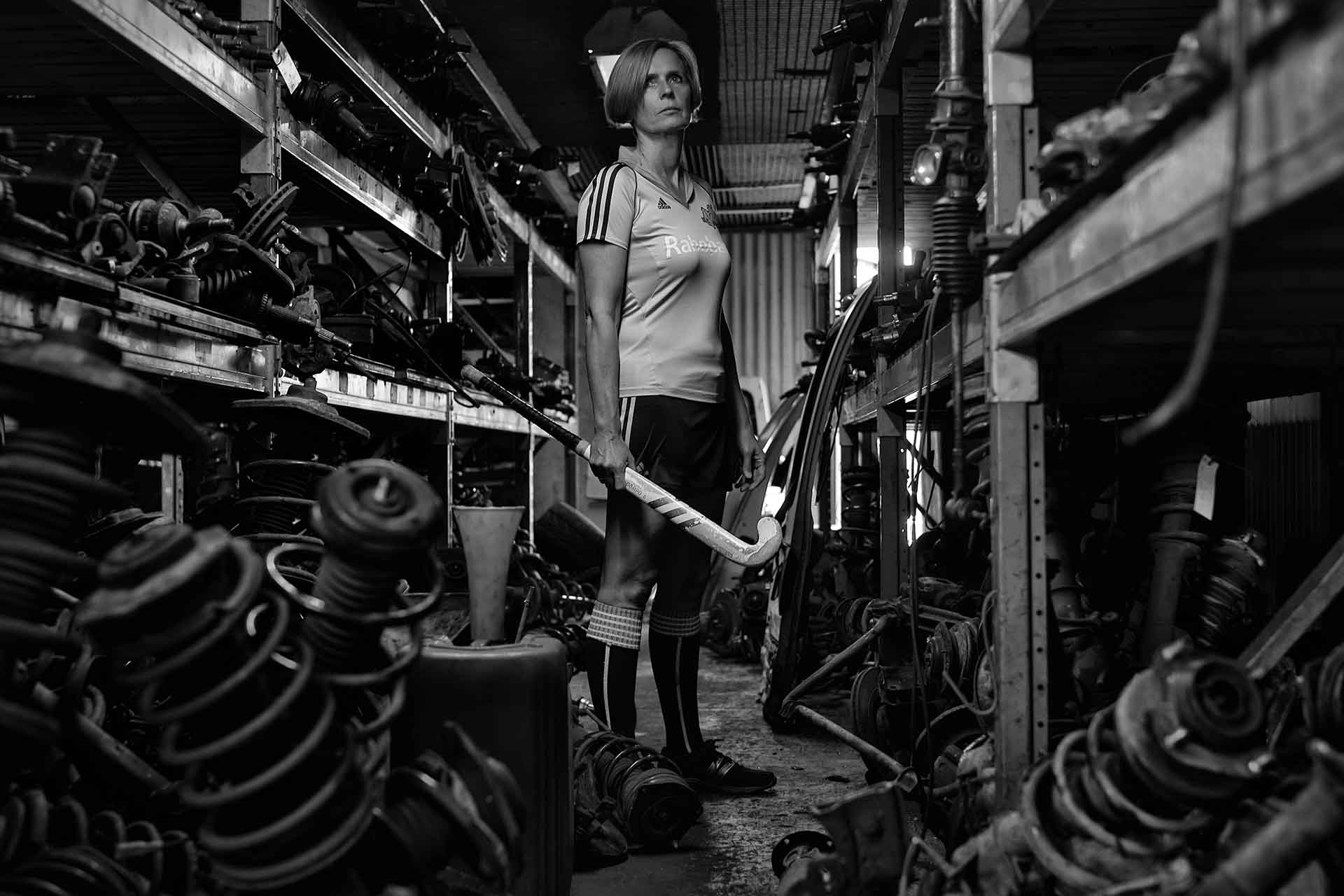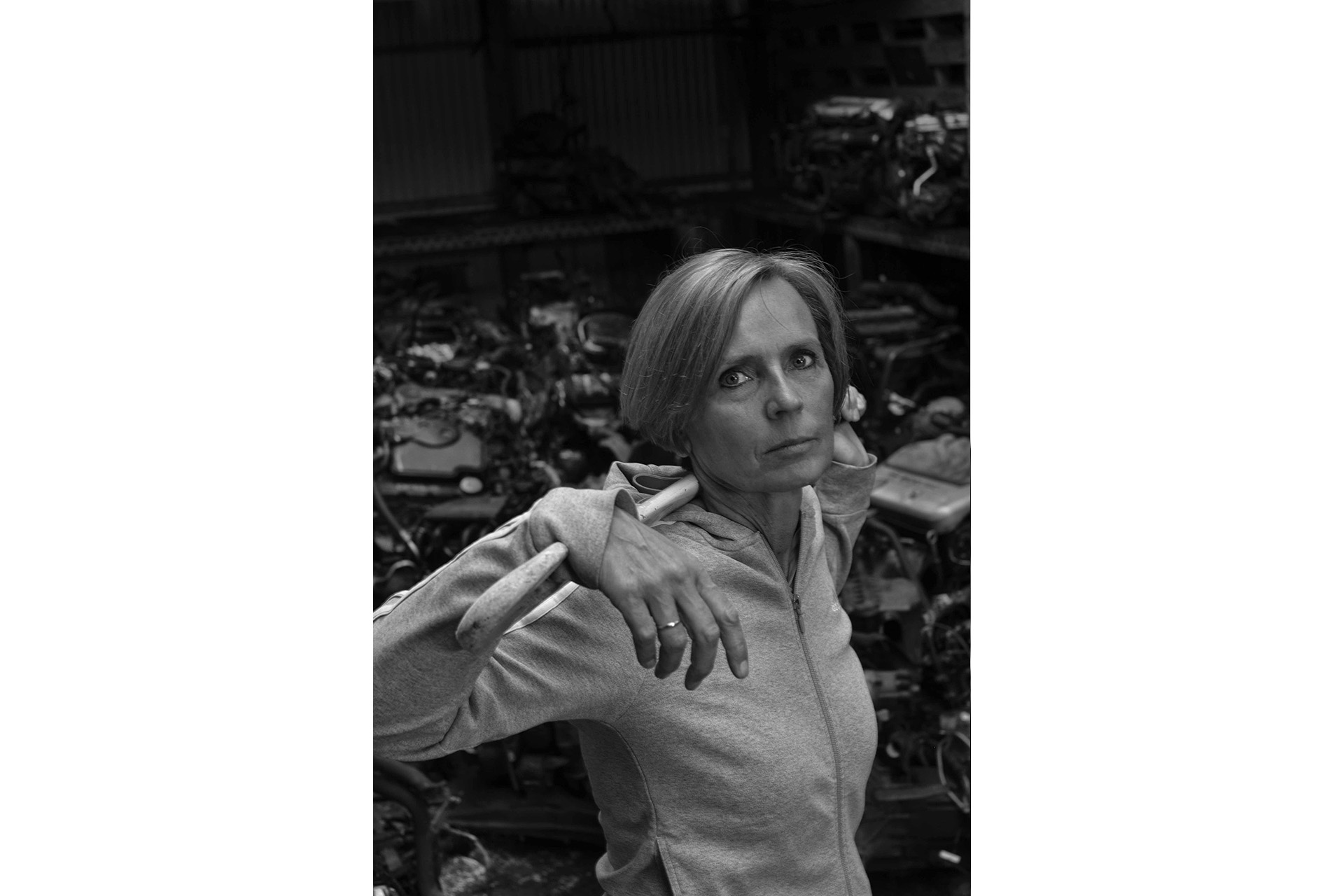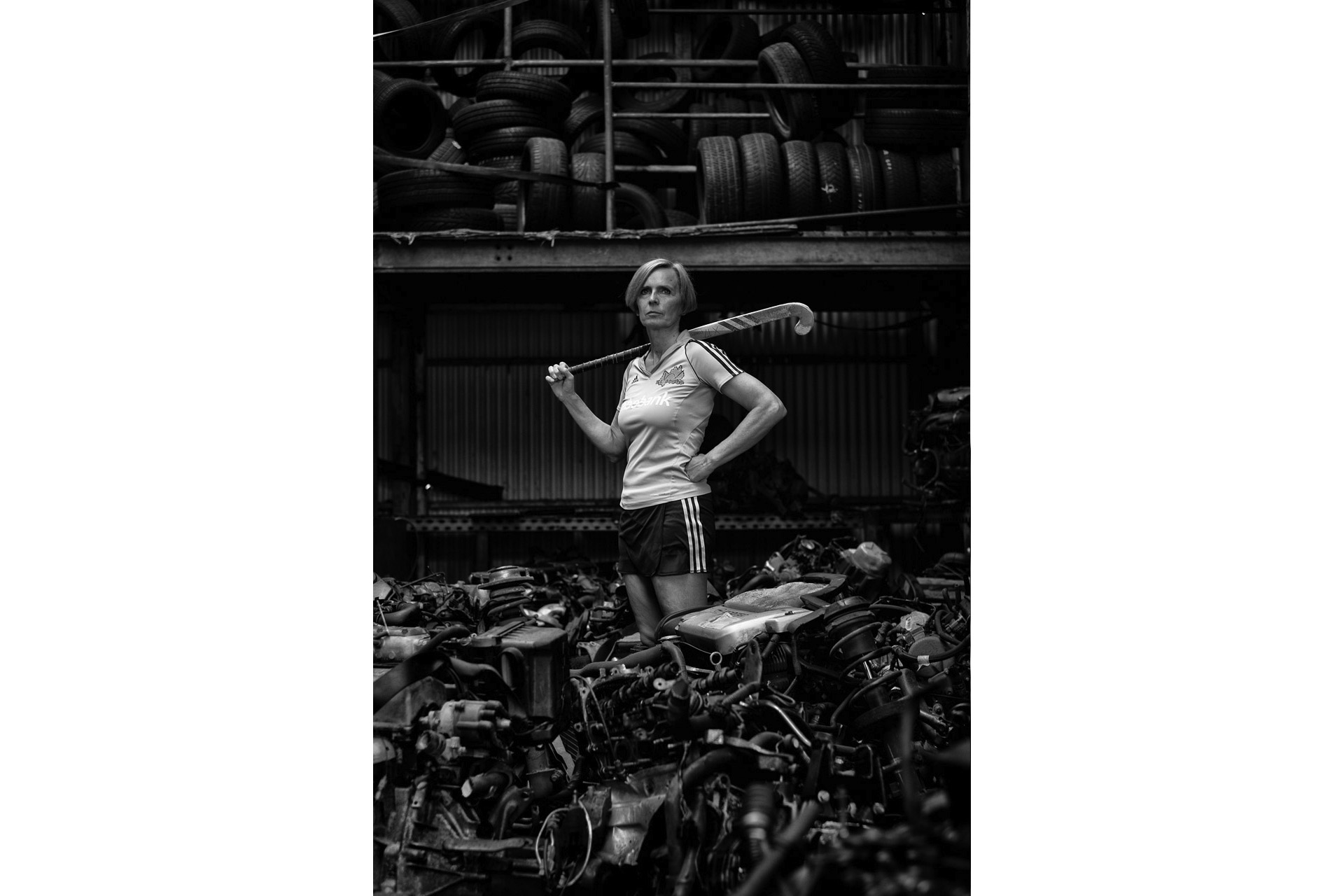


Since only a few years I realise how much my adoption has affected my life. I was so restless and I had such a strong drive to find peace. For a long time, sports were my way of dealing with these pent-up emotions. I played hockey on a high level. When I got older, I realised that I was actually always looking for a home, for the people I did not know, but who I really belonged with. And at the same time, I was scared to lose the people I did have. Now that I know what influence my adoption had on my life, I want to talk about it. Perhaps I can help other adoptees to recognise their pain, and to do something about it. At an earlier stage in their lives than I did.
I was born in Moederheil in Breda in the Netherlands. My mother was 13 when she had me, and she was unable to keep me. The loss of my biological mother was the first out of many losses. Six months after I was born, I was adopted by a couple without children. After my adoption I got a brother – a biological child of my adoptive parents – three months after my brother was born, my adoptive father died. I was three years old then, and my brother three months. I remember them as loving parents. My adoptive mother got remarried rather quickly. I suddenly had a father and 10 brothers and sister. I felt at home with the family, I had a great childhood. Because I got vaccinated at school, there was a name left, and I found out at age 9 that I was adopted. My adoptive mother told me that she would tell me more about it when I was older. When I was 18, I was still waiting for the promised information. In the end it was my stepfather who recognised my questions and desires: if that is what you want, darling, we will start looking.
Luckily, my adoptive mother has supported me since then, until she died when I was 21. She was there for the first meeting with my biological mother, I was 18 years old then. I never felt like we clicked. My mother held back on what she told her family about me. I felt unwelcome. I am not longer in touch with her. My father turned out to be Romani, and by the time I traced him, I was 36 years old then, he and his half-brother had been shot. His family welcomed me warmly and I felt at ease with them right away. When I am there, it feels right. However, although I feel connected to them, I will never be one of them. I am a middle-class girl, they are Romani.
<strong>I am a middle-class girl, they are Romani.</strong>
I realise now that I will never find what I have been looking for my entire life. I thought the meeting with my biological family would be the solution, but it is not. I do not really belong anywhere, and I will need to learn to accept that. The book that I wrote about my life helped me to start letting go. I am no longer searching. And now that I stopped searching, things are changing. I went swimming with the 12-year-old daughter of my stepson (or stepdaughter?). Someone asked: who is that with you? For the first time I said: this is my granddaughter. I never said that someone belonged with me before. I do not have parents like others have parents, and I do not have children like others have children. But I built up a life with my husband. His children grew up with me. They are part of my life. This life is mine, it belongs to me now. And I allow myself to give myself credit for that.
Tekst: Inge van Meurs Fotografie: Ton Sondag
